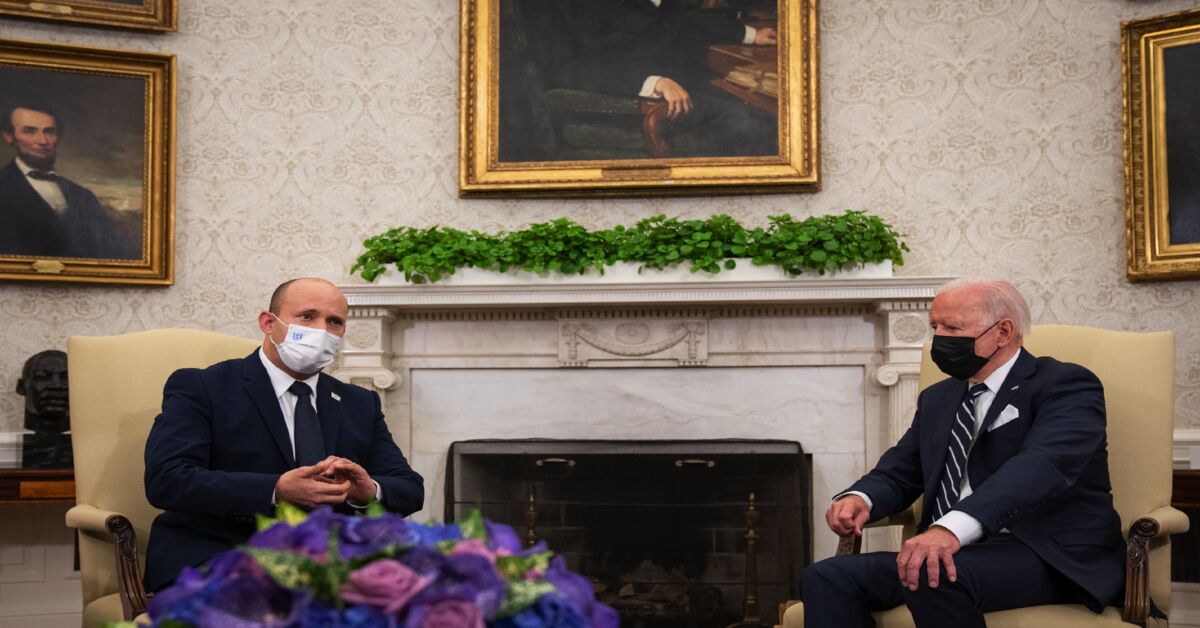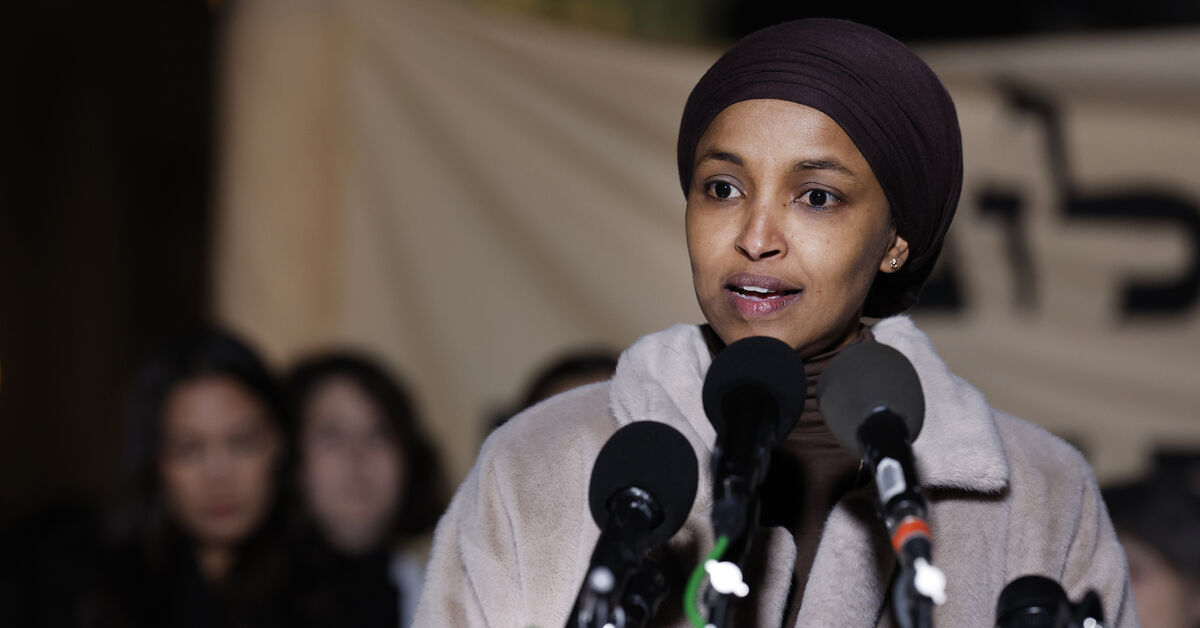
Days not weeks
“It isn’t a query of weeks, it’s a query of days,” mentioned French International Minister Jean-Yves Le Drian, talking concerning the Vienna talks on the Joint Complete Plan of Motion (JCPOA) on Wednesday, Feb. 16.
State Division spokesperson Ned Worth said hours later that “we’re within the midst of the very remaining phases of the talks.”
Amwaj has the scoop here from knowledgeable Iranian sources that there’s a 20-page doc in circulation among the many negotiating groups in Vienna, together with three annexes on sanctions, nuclear commitments and implementation, that means the sequencing of actions, which might reportedly happen over a 10-day interval.
International Minister Hossein Amir-Abdollahian, in an interview with the Financial Times, advised that Congress make a “political assertion” demonstrating its dedication to an settlement looking out, it appears, for some political cowl earlier than closing a deal.
Iran may quickly be open for enterprise
The Biden administration’s place is “compliance for compliance,” that means that if Iran returns to its obligations below the JCPOA for constraints on its nuclear program, america will waive sanctions reimposed in Could 2018, together with these directed on non-US individuals and non-US subsidiaries of US firms participating in monetary dealings with Iran.
If america lifts sanctions, meaning Iran is open again for business within the vitality, delivery, metals, automotive, insurance coverage and different sectors.
Iran additionally needs america to elevate sanctions imposed after US President Donald Trump’s withdrawal from the deal in Could 2018 — a key sticking level within the negotiations.
Iran, for its half, would must stroll again nuclear actions taken since 2018. On account of its nuclear actions exterior of the parameters of the JCPOA, Iran is now able to producing sufficient nuclear gas for a bomb in lower than a yr, a a lot shorter time frame than envisioned in 2015 — which can be unimaginable to stroll again.
Iran’s return to compliance is in fact the core demand of the opposite events to the JCPOA. The Worldwide Atomic Power Company (IAEA), which oversees Iran’s compliance, mentioned in September 2021 that Iran’s restrictions on entry to its amenities have been seriously compromising the company’s oversight. In August, the IAEA famous that Iran was enriching uranium at 60%, effectively above the three.67% cap within the JCPOA. Extremely enriched uranium at 90% purity is required for nuclear weapons.
The IAEA’s subsequent report on Iran’s compliance is due March 7 — a key sign for Iran’s progress.
The ‘days’ forward
So if there may be certainly ”compliance for compliance,” based on the JCPOA (read it here) the next “days” are coming quickly:
Transition Day (October 2023): After the IAEA experiences “that each one nuclear materials in Iran stays in peaceable actions” and ratifies the Additional Protocol, the UN will finish restrictions on missile transfers to Iran, and “the US will search such legislative motion as could also be acceptable to terminate, or modify to effectuate the termination of, the sanctions laid out in Annex II on the acquisition of nuclear-related commodities and companies for nuclear actions contemplated on this JCPOA, to be according to the US method to different non-nuclear-weapon states below the NPT.”
Termination Day (October 2025): On or about October 2025, and assuming Iran’s compliance with JCPOA constraints on its nuclear program, the UN would shut the Iran nuclear file.
Why Raisi wants a deal …
Iranian President Ebrahim Raisi might need and wish a deal greater than US President Joe Biden.
Talking at his swearing-in ceremony on the Islamic Consultative Meeting (or parliament) Aug. 5, 2021, Raisi mentioned, “Sanctions towards Iran have to be lifted, and we’ll help any diplomatic plan that achieves this purpose.”
The incentives for Raisi are each economic and political, as we wrote in July final yr.
The financial rationale for the deal is a no brainer. Iran desperately needs relief from US oil and monetary sanctions. Whereas Iran’s financial system isn’t on the breaking point, even with no deal, and is projected to realize modest (2%) development this yr, according to the IMF, finally the burdens of debt, inflation and different structural challenges can solely be addressed by sanctions reduction.
- Iran’s financial system took off when it comes to real GDP growth after implementation of the JCPOA, from minus 1.3% in 2015 to development of 13.4% in 2016 and 3.7% in 2017. After the Trump administration blew up the deal, the financial system once more contracted, this time by 6% in 2018 and 6.7% in 2019, earlier than ticking as much as 3.3% in 2020.
- With oil costs approaching $100 per barrel, Raisi expects a windfall if there’s a deal. Equally, oil exports jumped from 1.3 million barrels per day in 2015, earlier than the JCPOA took impact, to over 2 million bpd in 2017. After 2018, exports fell to under 500,000 in 2019 and 2020, with a slight enhance to 558,000 in 2021.
- Iran’s financial future will depend on funding, and funding will depend on sanctions reduction, as Bijan Khajehpour explains in final month’s “On the Middle East” podcast.
The political rationale could also be much less apparent, however it’s additionally compelling.
- The JCPOA was initially wildly in style in Iran when it was agreed in 2015.
- Raisi’s victory as president was marked by voter apathy and the bottom turnout ever for an Iranian presidential election.
- Raisi did not oppose the nuclear deal throughout his presidential marketing campaign, saying in a presidential debate that “We might undoubtedly abide by the JCPOA” and including that Iran wants a robust authorities to shut and implement the deal.
Why Biden can in all probability reside with or with no deal
Biden made re-entering the JCPOA a precedence whereas searching for a greater settlement if doable. Little question this administration believes Iran’s nuclear program is healthier contained with the JCPOA in place. Biden’s Iran envoy, Robert Malley, has the mandate to make it occur, however provided that Iran does its half.
-Textbook method to EU:
Biden’s method has been textbook diplomacy, as we wrote last March. The primary order of enterprise was to restore relations with European events to the deal, fractured by Trump’s method to Iran and different points, such because the Paris Local weather Accords.
That field is checked. There seems no daylight between america, the UK, France and Germany on Iran, whichever means the negotiations break.
-Russia and China: It’s sophisticated
The positions of Russia and China are extra sophisticated, particularly due to broader US considerations with each nations.
Each stand to learn from the lifting of sanctions on Iran.
If there isn’t a deal, they’ll search to use their relationship with Iran for their very own pursuits and problem US pursuits within the area.
However Moscow and Beijing oppose an Iranian nuclear weapon, and it’s additionally doable, given the stakes elsewhere on the earth, that they’d be cautious about opening up a entrance with Washington on Iran, not less than in a giant means, or going through, particularly in Russia’s case, much more sanctions.
Iranian officers seemingly have their reservations about Russian and Chinese language help if negotiations collapse, for these causes.
-Congress a wildcard
One more reason Biden can go both means is that there isn’t a in style or political consensus for an Iran deal, and the congressional debate could be a complication — at finest. A “political assertion” of help, as Amir-Abdollahian is searching for, is a nonstarter.
Senate International Relations Committee Chairman Bob Menendez of New Jersey, a Democrat, scorched the Biden Iran coverage in a speech this month, and Republicans have already put down a marker that they’ll oppose the deal, as Elizabeth Hagedorn reported.
Congressional elections in November may end in Republicans taking not less than one chamber.
Former US Assistant Secretary of State Stephen Rademaker explains that the Biden administration would seemingly must submit an agreement to Congress per the Iran Nuclear Agreement Review Act of 2015 (INARA):
“When Congress reviewed the JCPOA in 2015, bipartisan majorities of each homes voted to reject the deal,” Rademaker writes. “Thankfully for President Barack Obama, these weren’t two-thirds majorities, and so the regulation permitted him to implement the settlement over Congress’ opposition. However these votes established the political illegitimacy of the JCPOA, laying the groundwork for President Donald Trump’s determination just a few years later to repudiate it.”
Israel: Making the most effective of the worst
As Ben Caspit reported last month, Israeli leaders expect that there will likely be an Iran deal and are planning accordingly, increasing Israel’s weapons capabilities and searching for a NATO-like alignment with pleasant Gulf states, a topic of Israeli Prime Minister Naftali Bennett’s conferences in Bahrain this week.
In making the most effective of the worst, look ahead to these doable revisions to the JCPOA, advocated by Israel, if and when a nuclear deal is introduced:
- An extension of sundown clauses for “transition” and “termination” days.
- A transparent mechanism for “snapback sanctions,” that means if Iran violates the settlement, america would set off a mechanism to reimpose sanctions on Iran. It’s unclear whether or not UN Security Council Resolution 2231 (2015) permits this mechanism after “termination” day.
- “We will count on that if an settlement is reached, it will likely be accompanied by a big American bundle for Israel and its allies within the Center East,” concludes Caspit.



